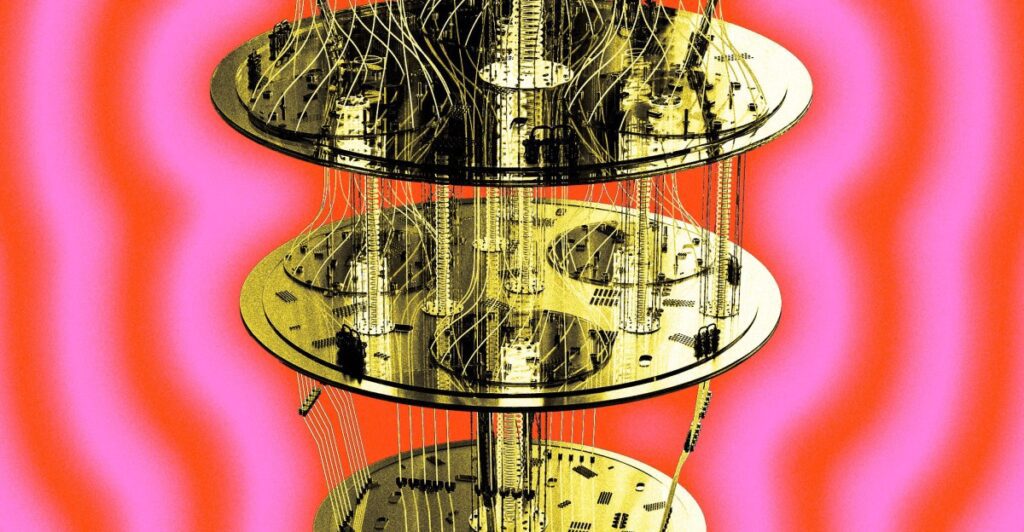On March 18, Chetan Nayak, a prominent physicist on Microsoft’s quantum team, presented new data on the company’s quantum computing chips at the American Physical Society’s Global Physics Summit in Anaheim, California, amid skepticism from researchers concerning Microsoft’s claims from February about a new type of quantum hardware, a topological qubit. Microsoft asserts that this qubit is less error-prone, potentially paving the way for practical quantum computing. However, critics highlight that the new results don’t conclusively demonstrate the presence of the anticipated Majorana Zero Mode, and similar claims in 2021 were withdrawn by Microsoft.
Despite advances, some physicists, including Sergei Frolov, have labeled the data “just noise,” indicating challenges in extracting clear signals due to electric noise. Meanwhile, Microsoft insists on the significance of their progress and the growing excitement surrounding their work. The broader quantum computing field is grappling with inflated expectations, with industry leaders like Nvidia’s Jensen Huang expressing doubts about the timeline for commercial quantum computing, which affects investments in the sector.
Quantum computing’s potential remains vast, with applications anticipated in materials science, encryption, and finance. However, experts caution that significant breakthroughs could take a decade, and even then, personal quantum devices for consumers are unlikely. Instead, future quantum computers may function as specialized chips or data centers accessed via the cloud, primarily serving technical fields.
Recent developments from companies like Google and Amazon have shown promise in reducing computational errors, indicating potential pathways to more reliable quantum systems. Nonetheless, achieving a fully functional quantum computer still requires substantial advancements, including the reduction of physical qubits necessary for reliable information storage.
Both government and private sectors are investing billions into quantum computing, with concerns about a possible “quantum winter” if progress stalls. Ongoing debates within the physics community reflect anxieties about maintaining investor trust and expectations. The pursuit of quantum computing remains fraught with challenges, with the promise of its revolutionary potential still hanging in the balance.
Source link


